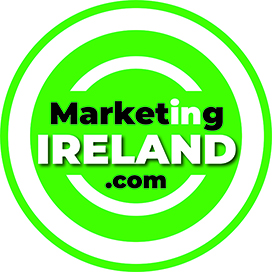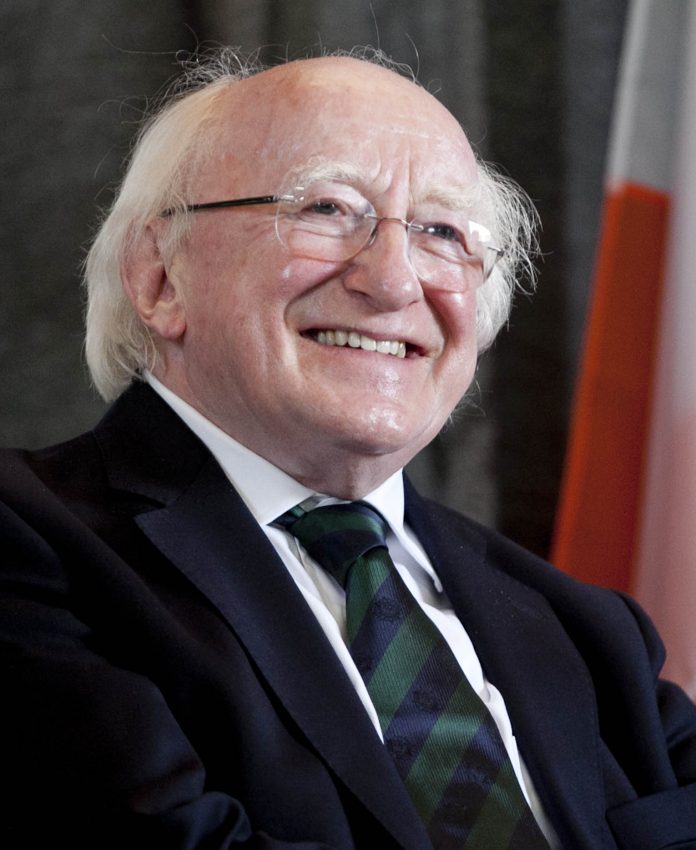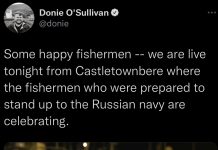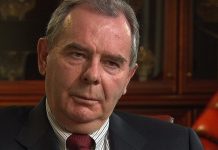Marketing impacts and influences all of us, but there are boundaries that we should all be aware of, boundaries that our Irish President believes have been crossed, specifically around the marketing of baby formula milk.
Ireland is one of the biggest producers of formula milk in the world and also has one of the lowest breastfeeding rates in the world, and it not uncommon for the Irish Milk Bank based in Fermanagh, to put out appeals to source breast milk for babies – to help them in their early days.
So it is a sad state of affairs that consumers and more significantly, that parents are being influenced about how to give their child the best start in life.
More than half of parents and pregnant women (51%) surveyed for a new WHO/UNICEF report say they have been targeted with marketing from formula milk companies, much of which is in breach of international standards on infant feeding practices.
The report, How marketing of formula milk influences our decisions on infant feeding, draws on interviews with parents, pregnant women and health workers in eight countries. It uncovers systematic and unethical marketing strategies used by the formula milk industry – now worth a staggering US$ 55 billion – to influence parents’ infant feeding decisions.
Commenting on the marketing activity, Irish President Michael D Higgins said it was; “abuse of advertising”
President Michael D Higgins continued; “The issue of intense and manipulative marketing around the use of formula milk for babies is an issue that we have often highlighted with great concern,” they said in a statement on Wednesday.
“Unable to demolish the science and research that shows that breast milk is best, an abuse of advertising seeks to confuse with slogans that speak of ‘follow-on’ products that are in reality contradictory to what breastfeeding principles envisage or stand for.”
The report finds that industry marketing techniques include unregulated and invasive online targeting; sponsored advice networks and helplines; promotions and free gifts; and practices to influence training and recommendations among health workers. The messages that parents and health workers receive are often misleading, scientifically unsubstantiated, and violate the International Code of Marketing of Breast-milk Substitutes (the Code) – a landmark public health agreement passed by the World Health Assembly in 1981 to protect mothers from aggressive marketing practices by the baby food industry.
“This report shows very clearly that formula milk marketing remains unacceptably pervasive, misleading and aggressive,” said Dr Tedros Adhanom Ghebreyesus, WHO Director-General. “Regulations on exploitative marketing must be urgently adopted and enforced to protect children’s health.”
To access the report go to: https://www.who.int/teams/maternal-newborn-child-adolescent-health-and-ageing/formula-milk-industry
Photo Credit: https://commons.wikimedia.org/wiki/File:President_Higgins%27s_visit_FINIRISH_BATT_HQ,Lebanon(cropped).jpg


















